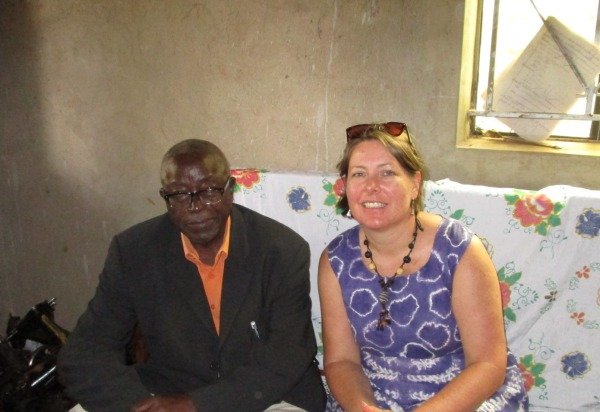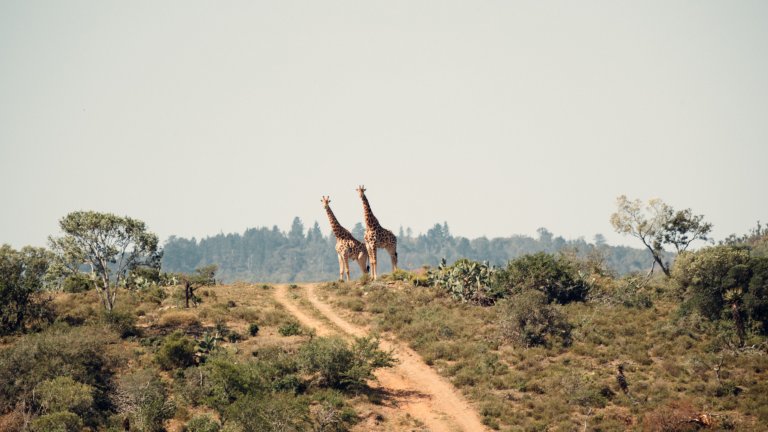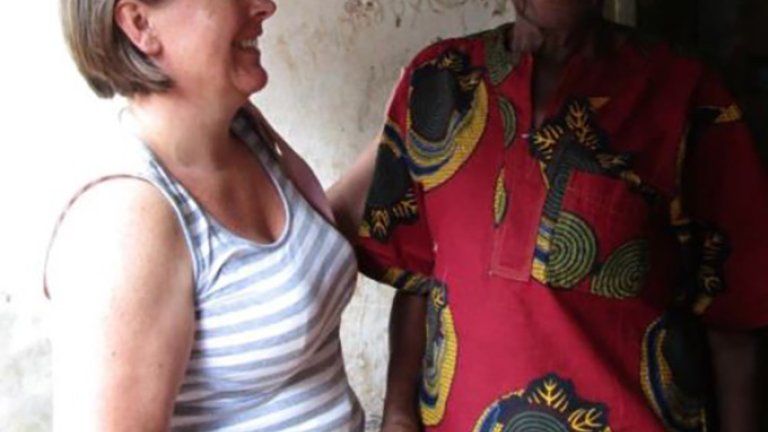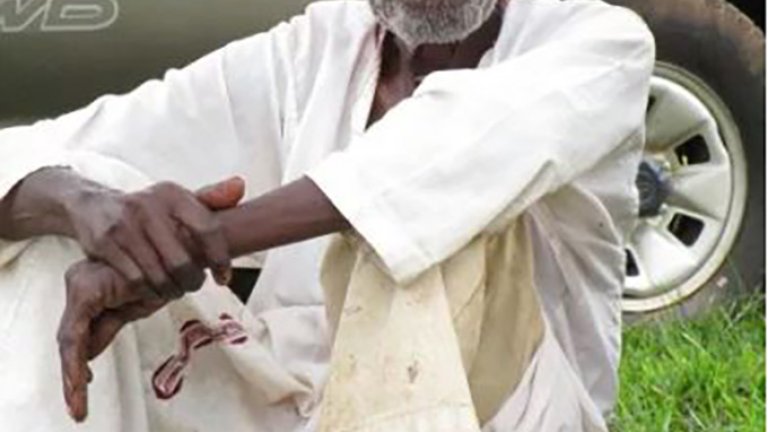Esther Clift is a Consultant Practitioner Trainee in Frailty with Health Education Wessex. This is the second part of a four part BGS blog series about her time in Africa. She tweets @EstherClift
It is well recognised that in much of East Africa the concept of ‘Heshima’ or respect for ‘Wazee’ is still widely practised. The term “Mzee” describes an older person, often with greying hair, but has a tone of respect and deference to it. I heard the term used widely, from young white men joshing their father, to students upholding a faithful teacher, but always with a tone of love and respect. There is no direct translation into English were our language for ageing is often loaded with a derogatory tone and disliked by one group or another. Phenomenology is a challenge we are all too familiar with in Medicine for Older People! We often refer to such expression as an example of how Western cultures need to learn from those of the global South.
However this accepted way of treating older people is under threat. Unswerving respect for older people per say may be thinly veiled. Urbanisation means that children are often living away from the homeland, leaving older people living on the ‘shamba’ or field on their own. Children describe the complexities of managing their own lives; children, jobs and studies as well as making sure that their parents are well cared for. Many older people have little relationship with any formal medical care, and are looked after with traditional herbs for their aches and pains. Others experience frequent hospital admissions with unclear diagnostics, and expensive payment for ‘nursing care only.’
One devoted daughter described the frustration of being the ‘sandwich generation’, working in a busy academic job in Nairobi, with two children in school, and a husband running his own business, while her parents lived back in the village. The Kikuyu cultural taboos meant that she was unable to go and stay in her parents’ home to support them, but had to stay outside of the homestead, adding further complexity. She felt powerless, and apprehensive about the future. Her parents talked about wanting a paid carer to come and live with them to support them as they required, and on their won terms, but there are no trained carers available with specific skills of working with older people.
Others described older people in their communities being neglected because ‘their time is done’, and they are no longer contributing to the Community. One pastor talked about his community asking him not to take and older woman to hospital after she fell and fractured her femur as the cost of treatment would never be recouped (he did not listen to them but was alarmed by the open expression). This cultural shift would suggest that some urgent investment needs to be made to maintain the value of wisdom, respect and aging before it is lost for good.



